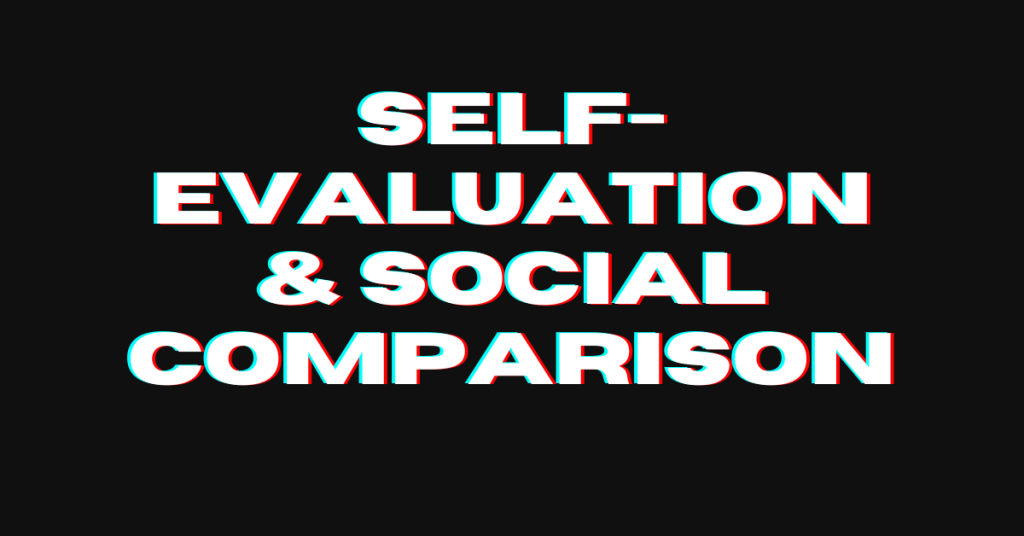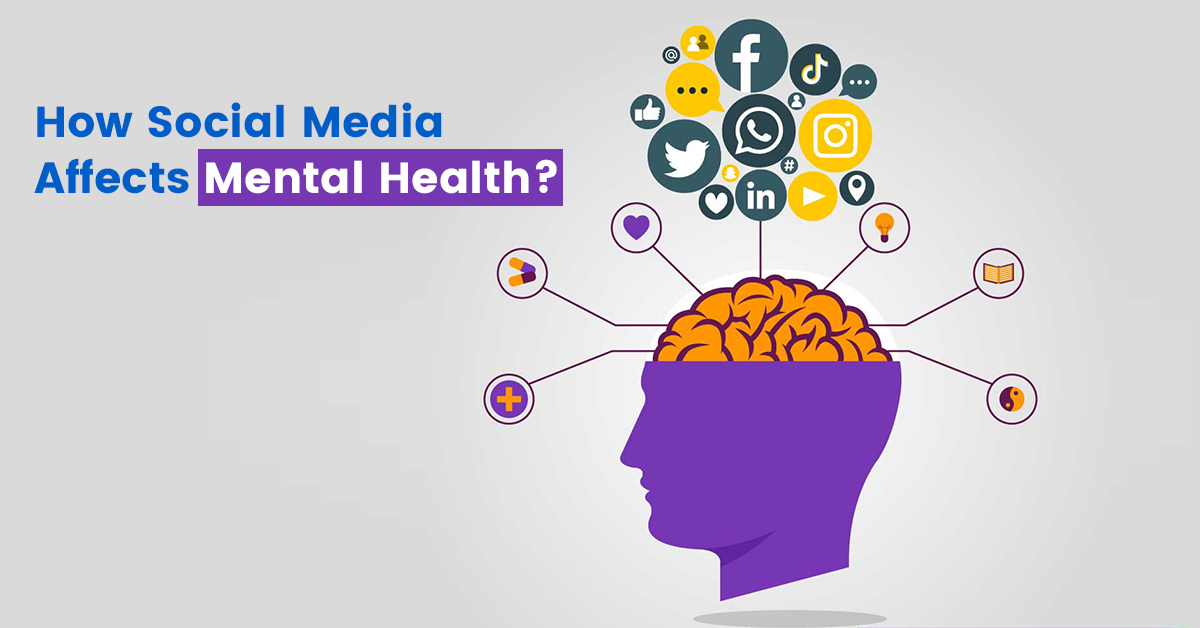The negative effects of social media on mental health are a topic of much discussion, at a time when our tunes are equally important on the internet and offline. We can communicate with individuals anywhere in the globe, obtaining a wealth of knowledge. If you’re not aware of the social media affects, it’s time to save yourself before it’s too late.
Also, let everyone enter into our lives with only a single tap of our fingers. However, in our era when social media has an impact on our mental health, what happens?
It’s frequently difficult to distinguish between virtual representation and reality when we go through our highlight reels and the carefully manicured beauty that makes up our feeds. A fake sense of reality.
Also, anxiety and despair cause low self-esteem. These things become the root cause of the mental health problems
That’s why in this blog article, we’ll examine the complex link between social media and mental health. I hope you’ll learn a lot from it and implement it in your life. Since social media is just a platform, the good and bad effects are the result of how you use it.
How Social Media Affects Gen Z Mental Health?
The impact of social media on Generation Z’s mental health is a complex, multifaceted issue. The first truly digital natives are members of Generation Z. They are individuals born between the middle of the 1990s and the beginning of the 2010s.
However, they grew up in a period when social media, the internet, and smart gadgets were prevalent. They grew up in a time when social media, the internet, and smart gadgets were commonplace. Their specific interactions with social media as a result of their unique upbringing have a substantial impact on their mental health in a variety of ways.
- Continuous Communication & Emotional Well-Being
Let’s explore the potential damage the social media can do on us:
- Impact on Sleep: Constant connectedness during the night may lead to poor quality sleep for Gen Z users who routinely use social media late at night. Merely two of the mental health issues linked to insufficient sleep are anxiety and depression.
- FOMO (Fear of Missing Out): Gen Zers fear that they are missing out on experiences that others are having because of the constant cycle of social comparison that is facilitated by social media. This might cause anxiety and feelings of inadequacy.
2. Self-Evaluation & Social Comparison

Secondly, Gen Z members may feel inadequate when they compare their lives to the supposedly idealized lives of others on social media platforms since these platforms are frequently overflowing with romanticized interpretations of reality. A decline in self-worth and an increase in depressive and anxious symptoms may result from this comparison.
3. Harassment & Cyberbullying
Gen Z has particular difficulties, such as internet abuse and cyberbullying. Social media’s anonymity and reach have the potential to amplify these problems, resulting in acute mental anguish, dread, and in severe cases, thoughts of self-harm or suicide.
4. Seeking Validation
Social media networks are intended to provide users with rapid approval and validation in the form of likes, comments, and shares. This may cause Gen Z to place an undue emphasis on outside approval of their value, which might result in an unstable sense of self-worth that is highly reliant on comments on social media.
5. Social Connection Paradox
Social media may, despite its ability to foster connections, paradoxically breed feelings of isolation and loneliness. Despite having a large number of online contacts, Gen Z does not have the deeper, meaningful interactions that are essential to mental health.
6. Cognitive & Information Overload
Social internet exposes Generation Z to a vast amount of knowledge. This non-stop barrage can cause cerebral overload, impair one’s ability to focus and give the impression that one is always preoccupied.
7. Mental Health Education
Positively, social media provides venues for raising awareness of mental health issues. Gen Z can discover communities of support and obtain mental health information, which may be especially helpful for people who feel alone in their issues.
8. Formation of Adverse Behavior Patterns
- Dependency: It’s possible to become overly reliant on social media for social connections, which might reduce in-person effects on relationships and social skills in real life.
- Instant Gratification: Social media’s fast feedback loop might cause a persistent craving for instant satisfaction, which can hurt long-term goal-setting and patience.
- Multitasking and Shorter Attention Spans: Continually bouncing between many platforms can shorten attention spans. That’s why it is harder to focus on a single job for lengthy periods.
9. Impact on Self-Image
social media affects can significantly impact how teenagers perceive their bodies. The abundance of altered or filtered images on these platforms often sets unattainable body ideals. This unrealistic portrayal can contribute to feelings of body discontent.
As a result, it leads to serious eating disorders. The most common issues are anorexia and bulimia, as teens strive to meet these impractical standards.
10. Running away to Avoid Real-life Issues
Some people use social media affects as an escape from their real-world issues. Although it may provide a brief sense of relaxation, avoidance behaviors are frequently the result, which keeps young people from confronting and resolving their problems healthily.
Advantages: Self-expression, community, and creativity
social media affects provides forums for expressing viewpoints, creating groups around common interests, and creative expression despite its drawbacks. These elements can improve mental health by encouraging a feeling of identity and belonging.
Conclusion
All in all, the list of social media affects on mental health is long. This generation has to have a responsible attitude toward using social media. To manage the digital realm healthily involves establishing limits, engaging in digital detoxes, seeking out in-person relationships, and honing critical thinking abilities. Gen Z needs the guidance and assistance of parents, schools, and mental health specialists as they navigate these problems. When you recognize the indicators of mental discomfort. You’ll start developing good social media habits are crucial steps in reducing the negative effects. And I understand it’s important for you because without social media you’ll be My. Nobody. While enjoying the wonderful features that these platforms offer.


